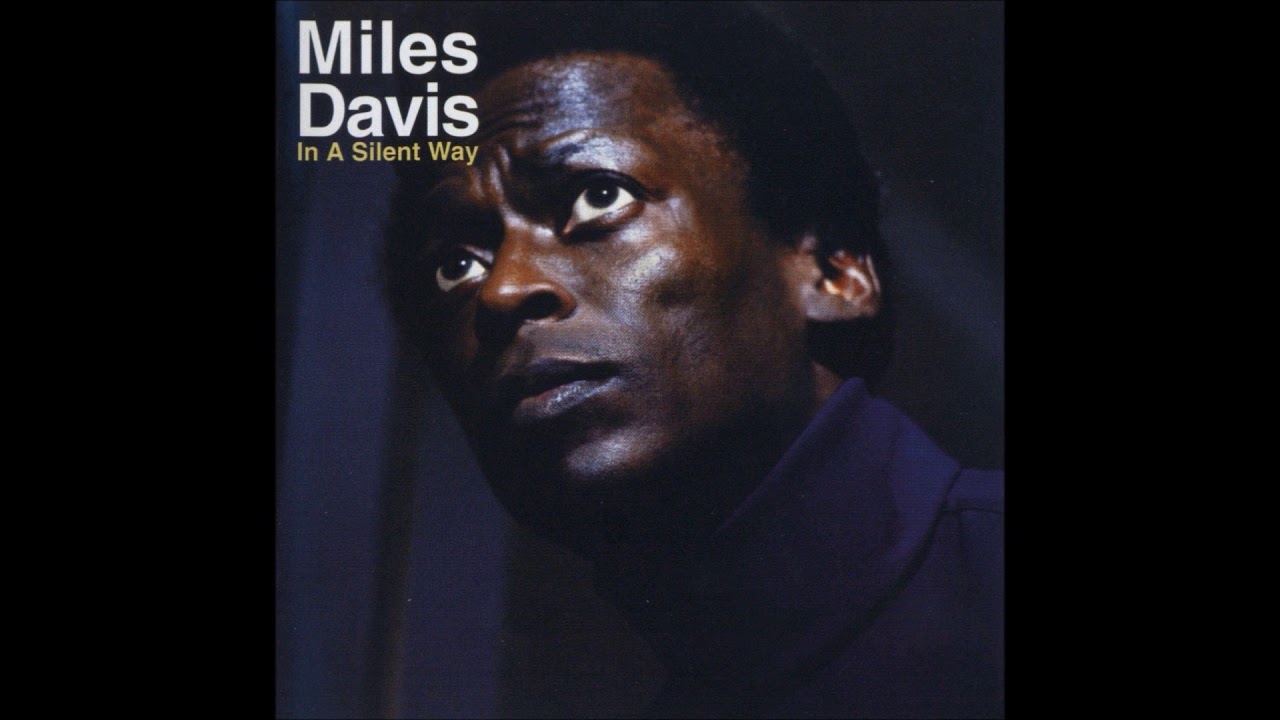Colorful Miles Davis stories are legion – a quick Google search will net you plenty revolving around the jazz icon’s famous temper.
Davis was just as formidable when it came to his musical vision, a famously straight shooter who expected nothing but the best from his well-vetted bandmates. With those high expectations, though, typically came a great deal of quiet respect.
As the ’60s came to a close, Davis, hungry for a new direction, began venturing increasingly into rock territory, picking up a cast of new musicians – many of whom would go on to become legends themselves – along the way.
One of these was electric guitar titan John McLaughlin, who had similarly left the British session scene for more adventurous musical waters. McLaughlin’s first appearance with Davis was on the latter’s first full submersion into the combination jazz-rock sound that would become loosely known as “fusion,” the 1969 LP, In a Silent Way.
At one point during the sessions for that album, Davis – not getting what he wanted from McLaughlin – stopped his entire band and turned to the guitarist. But, McLaughlin told Guitar World in a 1998 interview, what came next was less a tongue-lashing than a simple, but profound musical direction.
Davis’ instruction? “Play like you don’t know how to play the guitar.”

Given that McLaughlin would go on to appear on Bitches Brew – the truly seismic 1970 Davis album that cemented the trumpeter as nothing less than one of the most significant figures in 20th century music – the two certainly got on the same wavelength in time. Such were the guitarist’s contributions to Bitches Brew that one of its tracks was even named after him.
Of those album’s sessions, McLaughlin recalled to GW in 1998, “He’d wave his hands dramatically up or down to indicate the dynamics he wanted, and then point to somebody and say ‘play.’ And you’d play.
“We were in a big circle, but it felt like Miles was in a boxing ring, bouncing and weaving, feeding what was happening. It was like a cauldron.”
Overall, McLaughlin said, Davis was a fickle boss who nonetheless brought out, and welcomed, incredible creativity from those he played with.
“He never told you what not to play; he’d throw you a curveball just to make you think about it,” the guitarist told GW. “He wanted to get your honest response – he was the most blunt, honest person I’ve ever met.”
GIPHY App Key not set. Please check settings